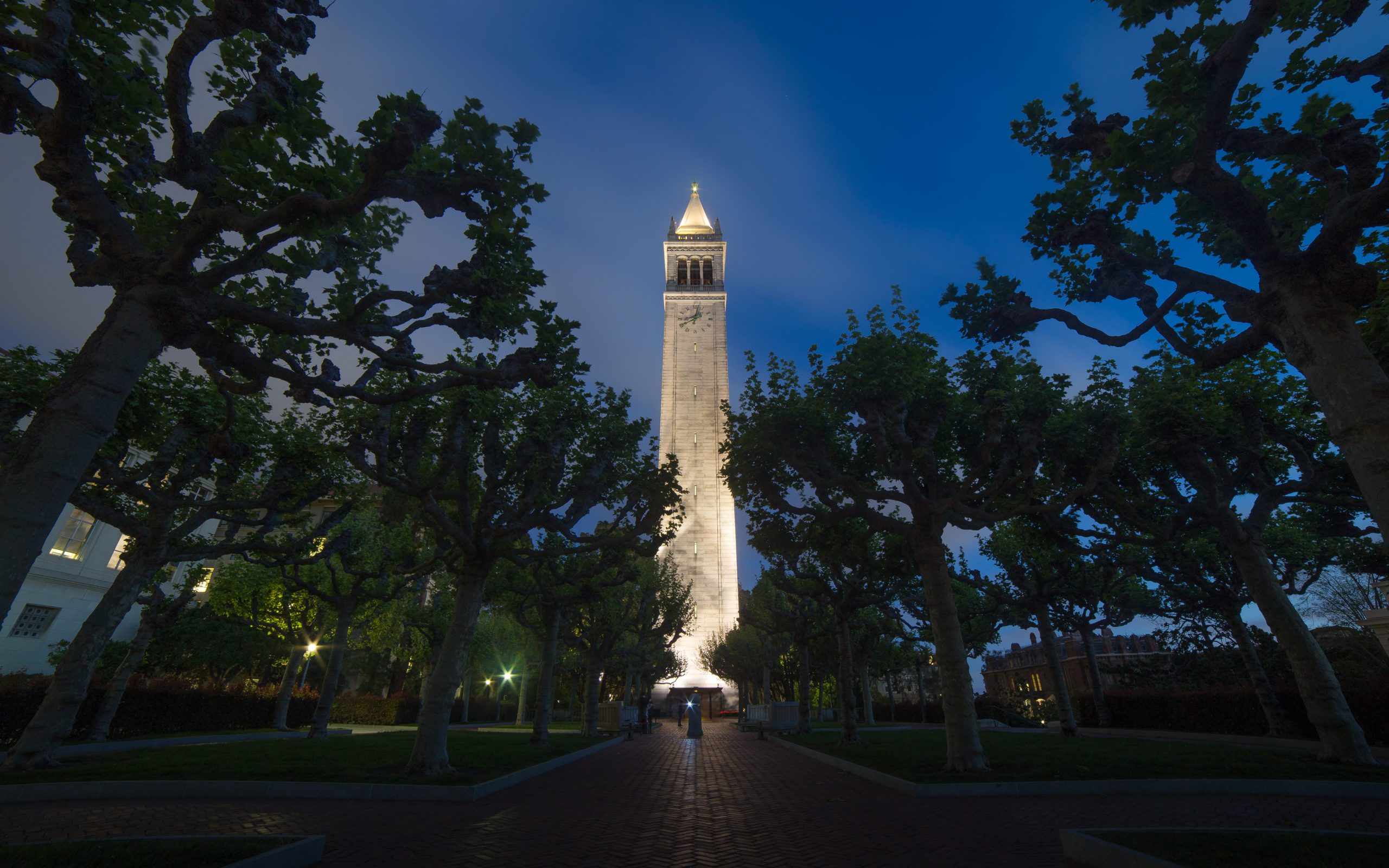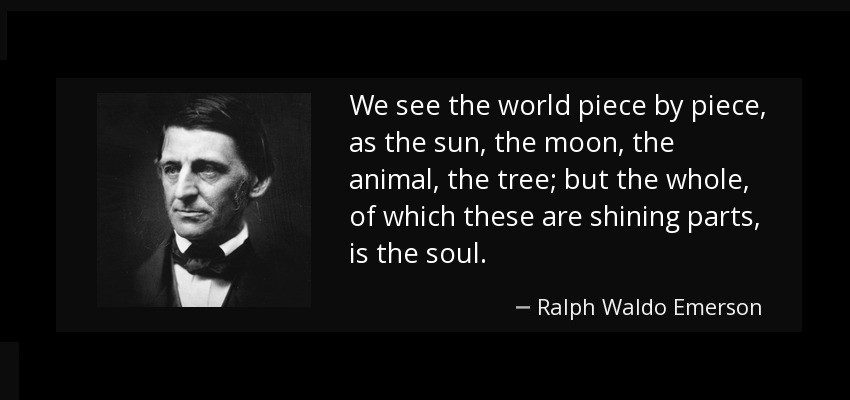Path-Bending Leadership at Haas: The Growing Role of Corporate Responsibility in the Curriculum
 CRB Alumni Scholars Amelia Forrest Kaye, MBA 2013 and Kyle Rudzinski, MBA 2014, share their thoughts on how the Haas curriculum integrates corporate responsibility.
CRB Alumni Scholars Amelia Forrest Kaye, MBA 2013 and Kyle Rudzinski, MBA 2014, share their thoughts on how the Haas curriculum integrates corporate responsibility.
Not long ago public debate on the role MBAs played in creating the financial crisis pervaded business media. For instance, Harvard Business School professors blamed business schools for failing to “promote a higher cause.”
 Since then, many business schools have realigned themselves to utilize business to benefit society, not just the bottom line. Berkeley-Haas revamped its curriculum in 2010 and codified its four defining principles, which students and faculty already exuded, but had yet to clearly articulate. Today, one principle –“beyond yourself” – resonates mightily with students pursuing careers in social impact or sustainability. If you ask these future business leaders what they care about, you’ll find they’re values-driven. The mission of a business matters. And they want to learn how to shape the industries of the future, not maintain 20th century business relics.
Since then, many business schools have realigned themselves to utilize business to benefit society, not just the bottom line. Berkeley-Haas revamped its curriculum in 2010 and codified its four defining principles, which students and faculty already exuded, but had yet to clearly articulate. Today, one principle –“beyond yourself” – resonates mightily with students pursuing careers in social impact or sustainability. If you ask these future business leaders what they care about, you’ll find they’re values-driven. The mission of a business matters. And they want to learn how to shape the industries of the future, not maintain 20th century business relics.
 We came to Berkeley because Haas offers the world’s best resources for business students interested in clean energy and sustainability. From the Berkeley Energy and Resources Collaborative to the Center for Responsible Business (CRB), Haas holds unmatched opportunity for students to redefine good business outside of the classroom.
We came to Berkeley because Haas offers the world’s best resources for business students interested in clean energy and sustainability. From the Berkeley Energy and Resources Collaborative to the Center for Responsible Business (CRB), Haas holds unmatched opportunity for students to redefine good business outside of the classroom.
Throughout our first semester, the experience inside the classroom at Haas surprised us in a great way.
We knew our core curriculum would nail fundamental business skills – economics, statistics, accounting and finance, marketing – but we did not realize how much these classes would infuse responsible business into the coursework. In economics, we didn’t simply discuss pricing models, we discussed pricing models for the competitive U.S.-Canadian Prius markets. Our entire final exam revolved around applying economic theory to the rapidly growing, commoditized Chinese solar panel market.
Statistics taught confidence intervals through an example on electricity production from wind turbines. Another core course, Leading People, prepared students to change corporate cultures for the better – and embrace sustainability – through strategic considerations in organizational behavior.
Individually, these examples may not amount to much. But collectively this responsible business thread weaves its way throughout Haas’ curricular cloth. Berkeley-Haas’ massive array of elective courses, in social impact and sustainability, complement a foundational core curriculum that reflects the school’s distinct culture, one that espouses using business for good, not greed.
Still, there’s significant room for improvement. Amelia is collaborating with CRB Executive Director Jo Mackness to further fortify responsible business themes within the core curriculum. For example, Amelia and Jo are better defining the value that corporate social responsibility brings to specific fields of study, supporting Berkeley-Haas professors drive responsible business innovation at the fore of their fields. Building a toolkit of responsible business case studies, Kaye and Mackness continue to identify cases, companies, and studies that reflect Berkeley-Haas’s defining principles and culture.
Case topics range from responsible business abroad to ethnic and gender diversity. Each demonstrates the competitive advantage a social and environmental focus can bring to a company’s long-term strategy. Incorporating cases like these provide cutting edge models from which MBAs can learn, offering lessons they can emulate as business leaders in any industry.
“No doubt, here at Haas we have a high and ever growing percentage of students who are committed to weaving their values—things like equality, transparency, sustainability—throughout their studies and later, their work. Further integrating corporate responsibility into the core curriculum is important, but teaching both the “soft” and “hard” skills required to first identify opportunities and then successfully create value—both for society and companies—is critical for path-bending leadership,” said Mackness.
Millennials, the most civic-minded generation since the 1930s, comprise the majority of business school classes today and we’re demanding a curriculum that reflects our commitment to serving humanity. Berkeley-Haas puts forth a curriculum that aims to develop path bending leaders who will lead through innovation as we take on global challenges and build a more sustainable society and planet.


